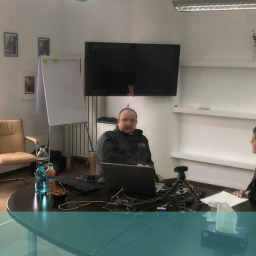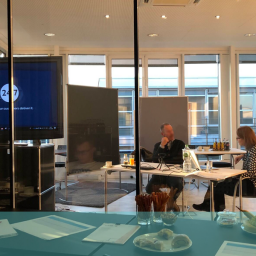
International user research and the differences between countries
It won’t come as a surprise to anyone to learn that different countries have different cultures, customs, conventions, expectations, law, religions and so on – and this often applies within nation states as well as between them. Any international user research that you undertake will need to take these differences into consideration and constructs strategies – and research that supports the strategies – with this information clearly in focus.
The first thing you need to establish is where your market is. It is easier to target and survey the larger or capital cities of the world but they are not necessarily representative of the country as a whole. Now it might be that your product is aimed at the more affluent elements of society or a particular sector or industry; so you will be looking to research areas where these characteristics predominate.
Similar considerations apply to legal constraints. You will need to establish what the laws are in the country you are targeting in relation to your product or service. Some countries (China, for example) make it quite difficult for many legitimate enterprises in the west to gain a foothold in their market. Some of the objections might be cultural or moral but sometimes it is just a question of protecting home industry from foreign competition by legislative means. Check out what legal issues might affect you and how amenable the market is to external traders before investing any money in more detailed research.
Technology is another important factor in planning international user research with a view to developing into an overseas marketplace. Not everywhere has the same levels of technical sophistication and access as most western countries. Internet speed might be slow, mobile coverage could be 3G at best, equipment might by outdated and unreliable; you need to establish the level of technology and how it might affect any activities you plan for that region.
Geographical and local factors such as time differences and local holidays can also have a profound effect on your research. Imagine if you pick the equivalent a local bank holiday when everyone is off work and perhaps away from home to conduct your survey; you would not be likely to get many respondents. Similarly with time differences; the most convenient time for you might be the middle of the night in your chosen market. And there are issues like siesta in Hispanic countries or prayers in Muslim regions.
Cultural and religious mores can also be critical in framing effective and focused research. It is easy to give offence in some countries if you don’t understand the customs and many things that would appear completely inoffensive in the west are totally forbidden in other countries e.g. exposed female flesh in many Arab countries, taboos around particular animals in India and other parts of the world, connotations of particular colours or words which a non-specialist could not know about. There are far too many potential areas, let alone specific examples to cover – but it does illustrate the importance of local knowledge in constructing, conducting and interpreting international UX research.
For more information on research strategies go to our report on International user research.
If you would like to discuss any specific overseas market – or just talk about international UX research generally – why not give us a call on +44(0)800 0246 247, or email hello@ux247.com.

















